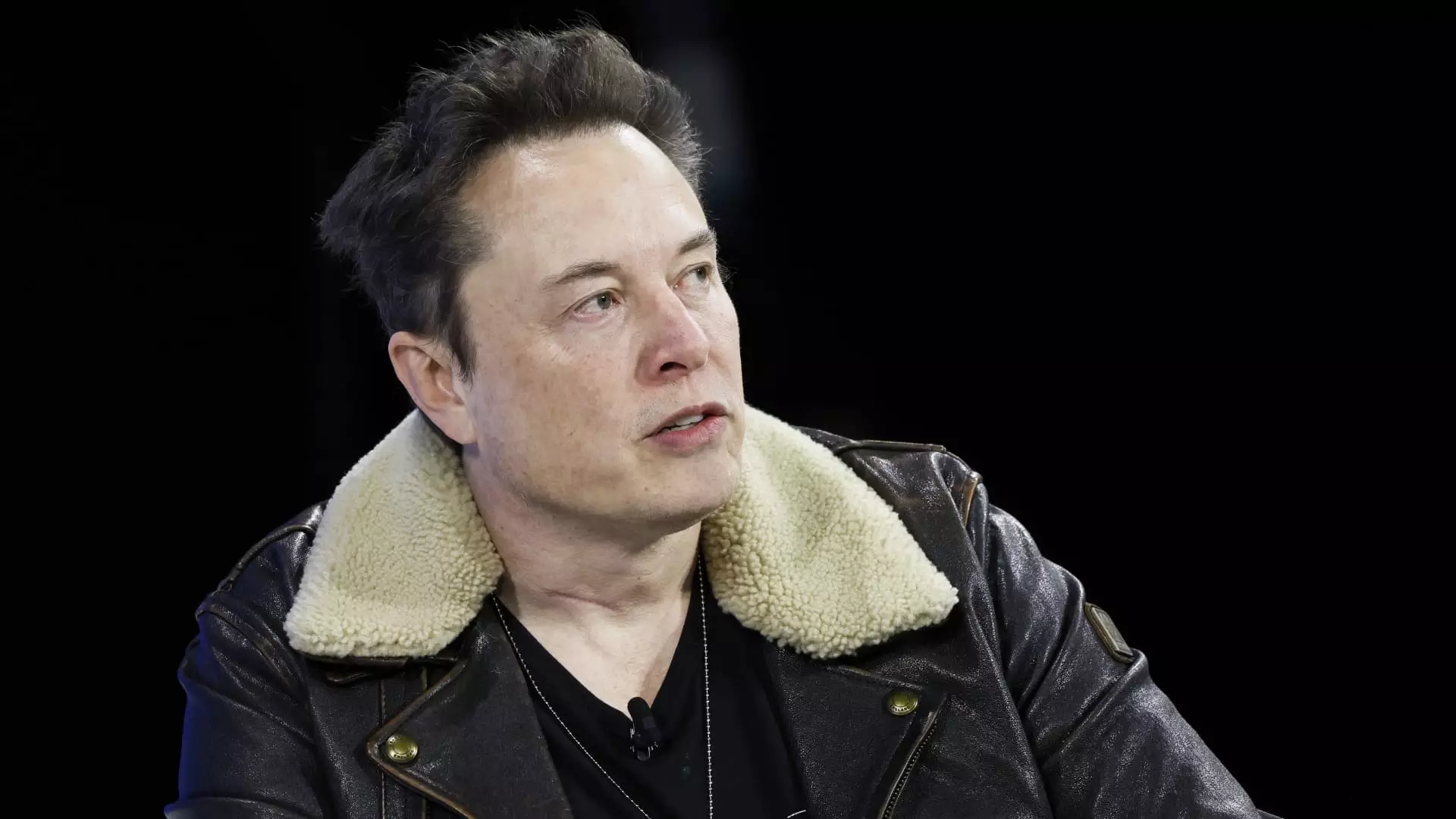A recent ruling by a Delaware judge has thrown the $56 billion pay package of Tesla CEO Elon Musk into question. This development has resulted in Tesla’s share price decreasing by about 3% in after-hours trading. The lawsuit, which was filed by shareholder Richard Tornetta, alleges that the compensation plan approved by the company’s board of directors was unfair. In her ruling, Judge Kathaleen McCormick noted that the compensation plan was the largest in public corporate history and made Musk the richest person on the planet. She further questioned whether Musk was overpaid.
Judge McCormick’s 200-page ruling highlighted the flaws in the decision-making process that led to the approval of Musk’s compensation plan. She found that Tornetta had effectively demonstrated that Musk had control over Tesla and that the process was deeply flawed. McCormick raised concerns about Musk’s extensive ties with individuals responsible for negotiating on Tesla’s behalf, including General Counsel Todd Maron, who had previously acted as Musk’s divorce attorney. She pointed out that Musk had significant influence over the process, adjusting it to suit his own preferences.
The judge’s ruling called for a recall of Musk’s compensation, emphasizing that Tornetta was entitled to rescission. In response, the parties involved are required to confer on a final order that implements this decision. They must also submit a joint letter that outlines the issues, including fees, that need to be addressed to bring this matter to a close at the trial level. As of now, Musk, his lawyer, and Tornetta’s attorney have not provided any comments on the judge’s ruling.
An essential factor in the judge’s decision was her finding that Musk, rather than the board of directors and shareholders, had control over Tesla, especially in matters related to his compensation. McCormick observed that, in addition to his significant equity stake, Musk was the epitome of a “Superstar CEO” who held influential corporate positions and had close relationships with directors involved in negotiating on behalf of Tesla. This led to a process where Musk had considerable authority over the approval of his compensation plan.
The court determined that Tesla and Musk’s attorneys failed to prove that the stockholder vote was fully informed. It was revealed that the proxy statement inaccurately described key directors as independent and omitted crucial details about the decision-making process. This lack of transparency raised concerns about the validity of the vote and further called into question the fairness of Musk’s compensation.
Interestingly, Elon Musk took to social media to express his discontent with the ruling. In a tweet, he advised against incorporating a company in the state of Delaware, alluding to his frustrations with the outcome. This may suggest that Musk is considering alternative options or strategies following the judge’s decision.
The Delaware judge’s ruling has invalidated Elon Musk’s $56 billion pay package, citing unfairness and flaws in the decision-making process. The judge found that Musk had significant control over Tesla and that the compensation plan was approved without accurate and complete information provided to shareholders. As the legal battle continues, the fallout from this ruling could have implications not just for Musk’s compensation but also for corporate governance and executive compensation practices as a whole.

Leave a Reply